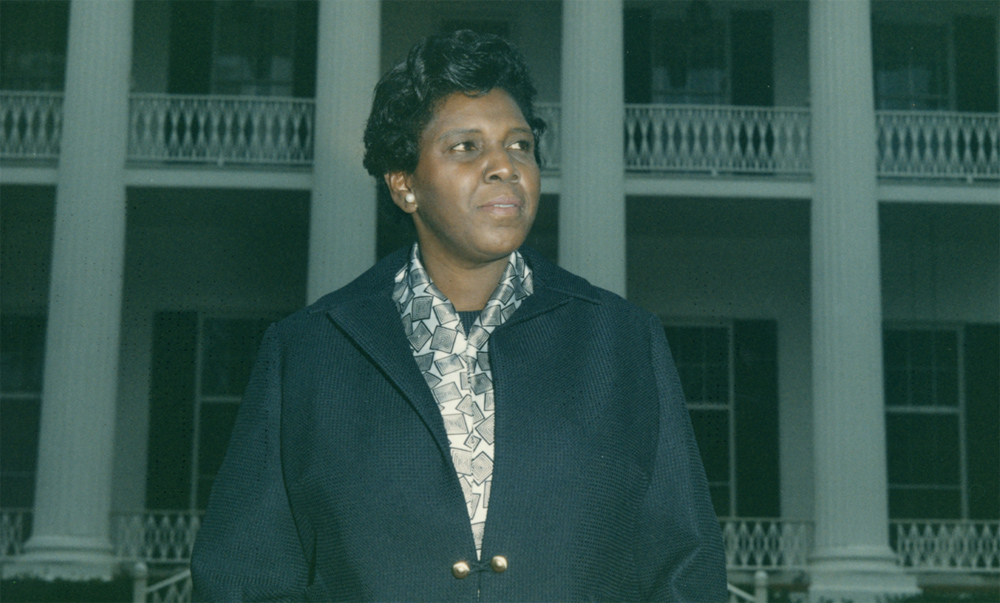It probably wasn’t much of a decision for director Angela Lynn Tucker to allow a few of the legendary House Representative Barbara Jordan’s public addresses mostly play out in full, letting that voice that could shake pillars ultimately become them in “The Inquisitor.” With her precise words and and stentorian delivery, she commanded the complete attention of her colleagues and by the extension the nation as a whole during the Watergate hearings and the Supreme Court confirmation hearing of Robert Bork, a conservative eager to return the U.S. back to a pre-Brown V. Board of Eduction era whose nomination she all but single-handedly sunk. While Jordan really could change the course of national events with her words, it could seem like an unsatisfactory conclusion that it was ever that easy when so rarely things do change for the better politically and what becomes most impressive about “The Inquisitor” is to see how it wasn’t the moments where Jordan spoke where her brilliance most shined, but getting that platform in the first place.
A proper screen biography of Jordan, who passed away in 1996, seems long overdue, but “The Inquisitor” comes around at a time when Jordan’s deft navigation of turbulent times can be particularly inspirational. Tucker never has to overstate the influence that Jordan had when the mere presence of many Black female members of the Texas State Legislature past and present, from Senfronia Thompson to Shawn Thierry, are on hand to relate her history of being the first to attain such a position in government after building a successful legal practice. Although Jordan appears destined for greatness, raised by a father who expressed disappointment with the lone B on her report card amongst a series of As and giving Harvard a debate to remember while at Texas Southern when teams from those schools rarely competed against each other, the film shows some shrewd maneuvering when she saw an opportunity to secure a seat in the Texas State House after a Supreme Court decision to redraw districts and as former Lieutenant Governor Ben Barnes recalls, she showed no trepidation of entering the largely caucasian and male institution, knowing that some of the real work was done in the off-hours where having a little whiskey with her fellow public servants could grease the wheels to get the things she wanted done.
“The Inquisitor” would seem to honor Jordan’s approach to progress when it is similarly brisk and to the point, though in occasionally illustrating her history with patchwork animation it speaks to a more casual side that was just as crucial to understanding what she stood for. Her love for the women’s basketball team at the University of Texas where she would spend her post-Congressional career as a professor, is given an ample spotlight and while both her longtime relationship with her partner Nancy Earl and the diagnosis of multiple sclerosis that she lived with towards the end of a life that was too short at the age of 59 receive limited detail when she herself rarely acknowledged them publicly, a portrait emerges of someone who saw success in busting through barriers as requiring them of herself and rarely used the example of her personal identity to make a case for freedom when she believed the it should be won on principles of basic morality alone. When the film employs its end credits to show the many monuments in Rep. Jordan’s likeness around the state, Tucker can take pride in building something equally formidable, providing a stage once again for her words to reverberate.
“The Inquisitor” does not yet have U.S. distribution.




